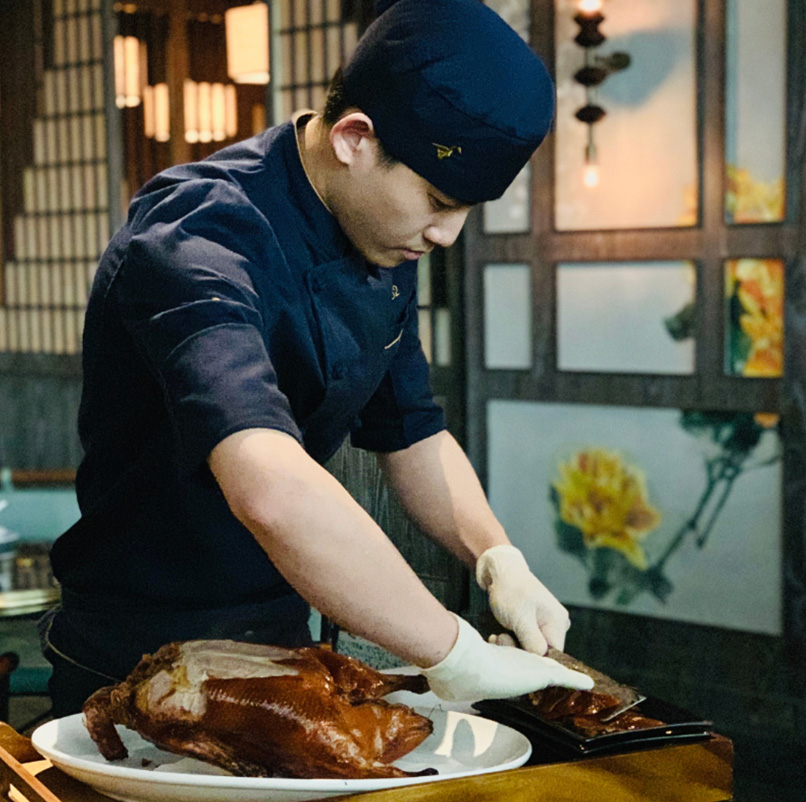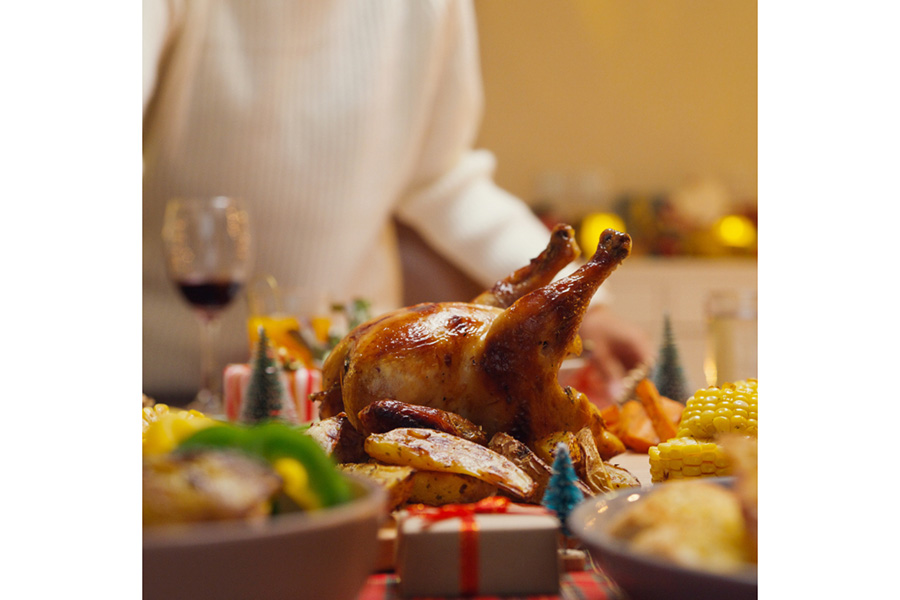A luscious meal typically features a centrepiece, which are often premium meats. When choosing premium meat, households and even restaurants find themselves considering either a fresh turkey or a fresh whole duck. Each meat option presents distinct flavours, textures, and culinary adventures. With that, explore an in-depth analysis of these products, concentrating on essential aspects, including taste, nutritional value, preparation techniques, and cost.
Taste and Texture
Fresh Turkey
Fresh turkey is renowned for its mild flavour and tender texture, making it a versatile ingredient for different dishes. The white meat of the breast is lean and has a subtle taste that absorbs the flavours of herbs, spices, and marinades. The dark meat in the thighs and drumsticks offers a richer flavour and a slightly firmer texture. When roasted, the skin becomes crisp while the meat remains juicy, provided it is not overcooked.
Fresh Whole Duck
In contrast, fresh whole duck is known for its distinct, rich flavour and succulent, fatty meat. Duck meat is predominantly dark, contributing to its deep, rich taste that can absorb bold seasonings. The high-fat content, especially in the skin, renders during cooking, resulting in exceptionally crispy skin and tender, moist meat. This unique combination makes duck a favourite in gourmet cooking and speciality dishes.
Nutritional Content
Fresh Turkey
Nutritionally, fresh turkey is often favoured for its lower fat content and high protein levels. A 100-gram serving of turkey breast provides approximately 135 calories, 24 grams of protein, and 2 grams of fat. It is also a good source of essential nutrients such as niacin, vitamin B6, and selenium. Due to its lean profile, turkey is commonly recommended for those looking to maintain a healthy diet or manage weight.
Fresh Whole Duck
Duck, while higher in fat, offers a wealth of nutritional benefits. A 100-gram serving of duck meat contains around 337 calories, 19 grams of protein, and 28 grams of fat. The fat in duck is primarily unsaturated, which can help heart health when consumed in moderation. Additionally, fresh whole duck is rich in iron, zinc, and vitamin B12, making it a nutrient-dense option despite its higher caloric content.

Preparation and Cooking Methods
Fresh Turkey
Cooking fresh turkey requires careful attention to avoid dryness, especially with the leaner white meat. Typical methods include roasting, which can be enhanced by bingeing the turkey beforehand to retain moisture. Turkey is also well-suited for grilling, smoking, and slow cooking. Given its large size, turkey is often a centrepiece for festive occasions like Thanksgiving and Christmas, where it is typically served with multiple side dishes and accompaniments.
Fresh Whole Duck
Preparing fresh whole duck demands a different approach due to its higher fat content. Popular cooking methods include roasting and confit, where the duck is slow-cooked in its fat for an incredibly tender texture. Duck is also commonly prepared in Asian cuisines, with techniques such as Peking duck involving a unique roasting process that yields exceptionally crispy skin. The rendered duck fat is often reserved for cooking other dishes, adding a rich flavour to vegetables and potatoes.
Cost and Availability
Fresh Turkey
Fresh turkey is widely available, particularly around major holidays when demand peaks. It is generally more affordable than duck, with prices varying based on size, breed, and whether the bird is organic or free-range. Supermarkets and butcher shops usually stock whole turkeys year-round, though there may be a price increase during peak seasons.
Fresh Whole Duck
Fresh whole duck is less common and typically more expensive than turkey. It is often found in specialty stores, high-end supermarkets, and Asian markets. The higher cost is attributed to the bird’s smaller size, richer taste, and the more intensive farming practices required. Despite its higher price, duck is considered a gourmet item popular for special occasions and sophisticated dishes.
Conclusion
The decision between fresh turkey and fresh whole duck ultimately relies on personal preference and the specific needs of the meal. Fresh turkey is a leaner and more versatile choice for various culinary uses. On the other hand, fresh duck offers a more indulgent experience with its robust flavour and succulent texture. By considering factors such as taste, nutritional content, preparation methods, and cost, one can make an informed decision and choose the perfect option for any occasion.
Visit YSH Farm to transform your meals into gourmet experiences!






